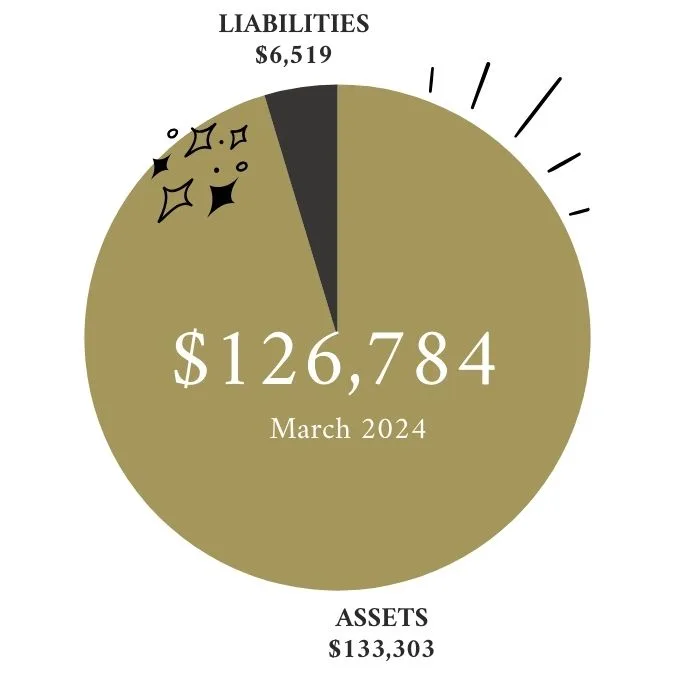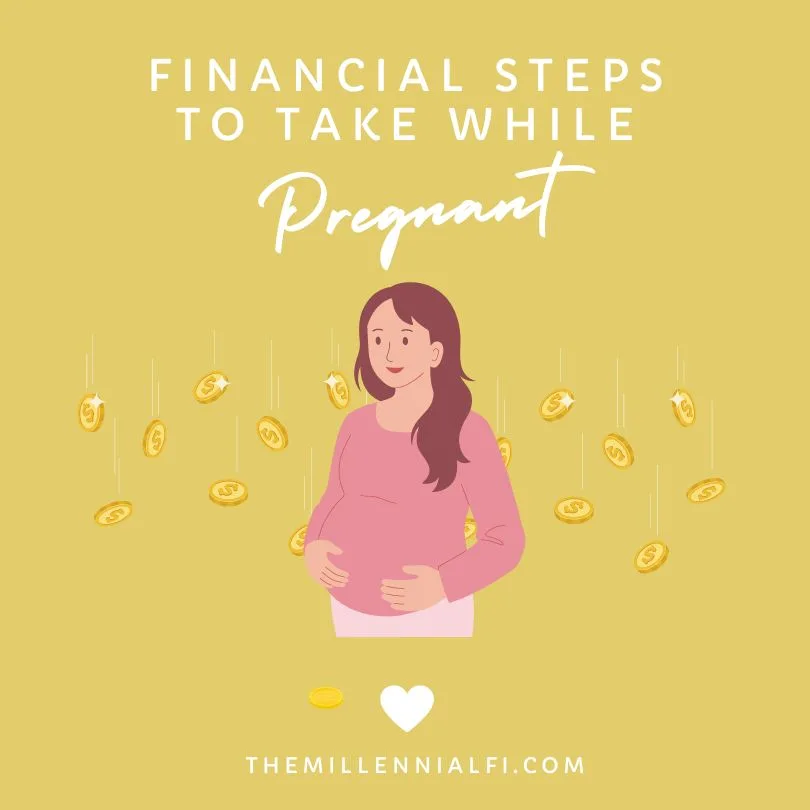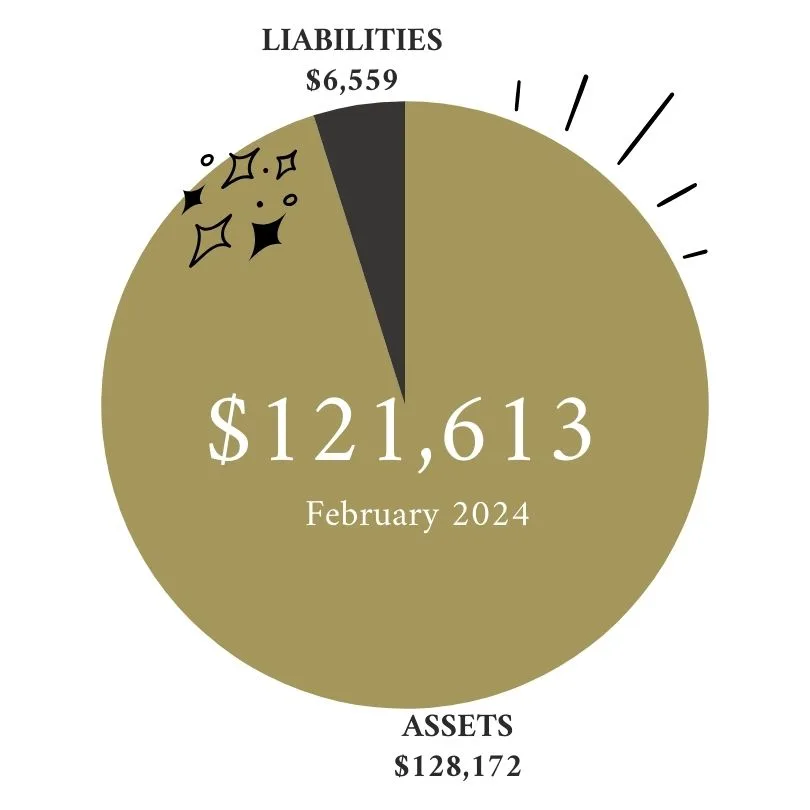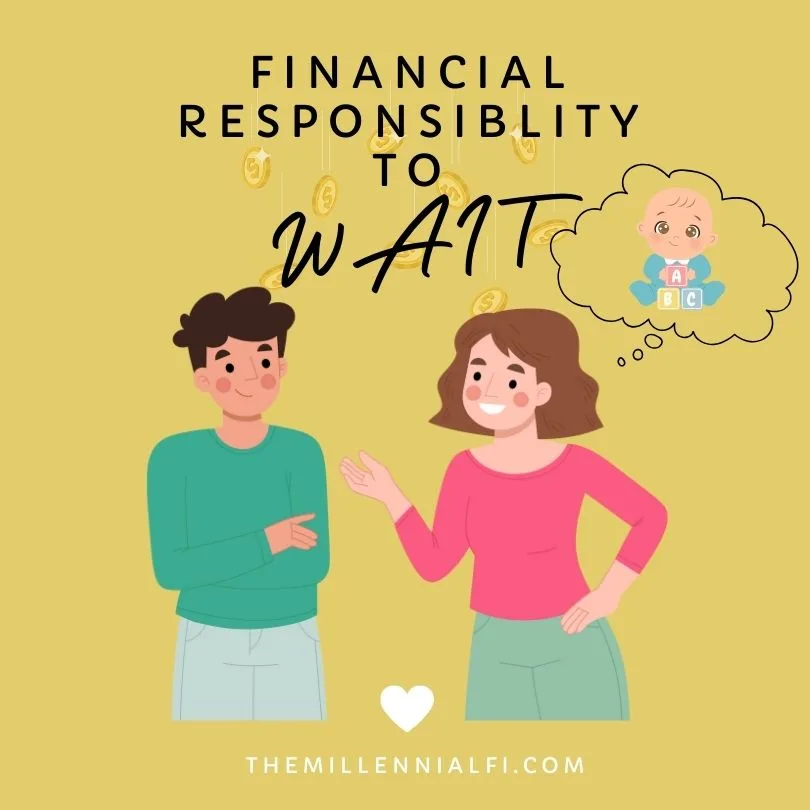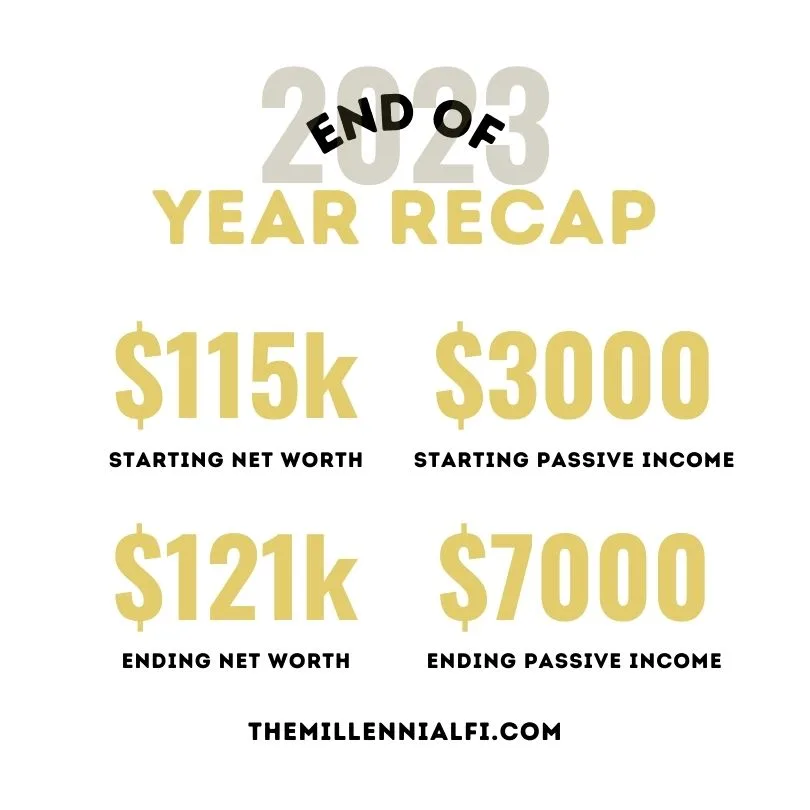Nothing can quite prepare you for parenthood. As a new mom, it’s taken me a little over 4 weeks just to be able sit down at my laptop and catch up on life. Newsflash, still working on that! Today my baby is one month old. He already has his own little personality. Today I can say my proclivity to give zero fucks about menial things has increased 10 fold.
To think a month ago I was in denial of what the end of the 3rd trimester would bring, I.E. a baby. I just couldn’t wrap my head around the actual end to labor. It didn’t help the whole time I was pregnant didn’t feel real. There wasn’t a huge shift in my body or mind, in fact, I didn’t even “show” until around
weeks and even then I was never “pregnancy round” in the traditional sense.
The number one thing I learned in the last 4 weeks is, we can prepare as much as we want but we’ll never truly know what we need until we’re in the thick of it. That’s why I strongly recommend getting finances in order before the baby arrives.
I was under the misguided impression that I had done just that but boy did I blow through a chunk of money trying to survive this past month, Between baby, breastfeeding, and food, we spent an extra $500ish.
Everyone prepares for childbirth and after but they never fully prepare for breastfeeding. Like no one told me the engorgement when milk finally came in would be so intense that it felt like two huge cancerous lumps. They never talked about how the hospital, pediatrician, and lactation consultants would push the “breast is best” agenda while lying to my face when I expressed concern about a lip and tongue tie that was starving my baby and causing likely irreparable damage to my body. The products I never foresaw needing or even knew existed were not negotiable. We had to buy them.
They also don’t talk about the fact that babies have preferences and will only take specific pacifier and bottle nipple designs. They don’t mention how a gassy baby is caused by the wrong sized nipple and how changing them to a smaller design can reduce fussiness. For example, NUK brand causes a 2+ hour screaming session by the end of the day but MAM branded nipples and pacifiers result in zero witching hours.
It is for this reason that I strongly recommend setting aside a “oh shit” fund of at least $500. You may not need it or you may use it all, either way it’ll be there just in case.
So how else can we prepare?
The answer is as simple or complex as we make it. Because the post partum period is personal, I can’t logically cover everything but a good step is to figure out your income moving forward and have a plan to reduce potential risks such as unpaid bills or bankruptcy.
Leave Time & Pay
What kind of leave – if anything – is available to you?
I had the option of 12 weeks unpaid through FMLA that would have been depleted by any sort of time taken in the 9 months prior to birth because of a federal law loophole and the employer promoting unethical practices. Just because one can legally do something, doesn’t mean one should do it.
My husband on the other hand, had 12 weeks paid leave through the New York Paid Family Leave program. While not paid at 100%, a portion is better than nothing.
This variance between employer benefits is part of why I quit my job. If I remained working there, I would be stuck with subpar benefits due to my employer being in another State with anti-family legislation. If I was going to get about 8 weeks unpaid when it was said and done, I might as well take back the power and dictate my own life.
I had worked insanely hard the past 4 years after all, we could easily bankroll at least 6 months of unemployment for me to be with our baby. There was literally no second guessing this choice.
Retirement Options
If you do quit, make sure you’re 100% vested and obtain your retirement information. Be prepared to rollover your retirement to a personal account or be aware of your options and costs to remain in your employer’s account. For me, I’ll be cashing out 5k to assist with home repairs at the new house and rolling over the other 21k into a self-directed IRA.
Insurance Options
It’s so important to know your health insurance options during the post partum period. This is because employers will typically require you to pay premiums, even if you’re not being paid! This is a period of time where your family may benefit from taking advantage of Medicaid due to lower income. The program is there for a reason, use it to decrease financial and healthcare risk to your family.
Mindful Spending
In the months leading up to labor, practicing mindful spending can assist in being able to set funds aside for the post partum period. Utilizing seasonal sells on new items in store, thrifting, and the community can help cut the cost of preparing for the baby.
For example, during the seasonal and holiday sales, we were able to pick up brand new clothing items for under $2.50 per item from Carter’s. Additionally we saved hundreds on baby goods like car seats, bassinets, cribs, and strollers by maximizing holiday sales during Amazon and Target. We bought children’s books in bulk from eBay sellers and our family hooked us up with toys from people they know who’s kids outgrew them.
Buy only the bare necessities because you’ll never truly know what is needed until you need it. For example, I bought belly butter to prevent stretch marks, forgot about it and didn’t end up needing it because I don’t get stretch marks from pregnancy (it’s a DNA thing).
Maximize free trials in the post partum period, we subscribed to Walmart+’s 30 day free trial to get free deliveries on groceries and baby items and it honestly saved our butts because no way was I okay to drive the week or so after labor. Not with an hour or less sleep each day, in fact my Fitbit tracked zero sleep the first 3 days. I physically could not sleep, it felt like I was dying every time I tried. There were a few times I couldn’t wake up once I was able to “sleep” and was awake enough to know I stopped breathing but couldn’t do anything about it (developed sleep apnea during pregnancy).
I highly recommend taking some time to think about how your life will change and in what ways you can prepare ahead of time to make the transition easier and more financially sustainable.



